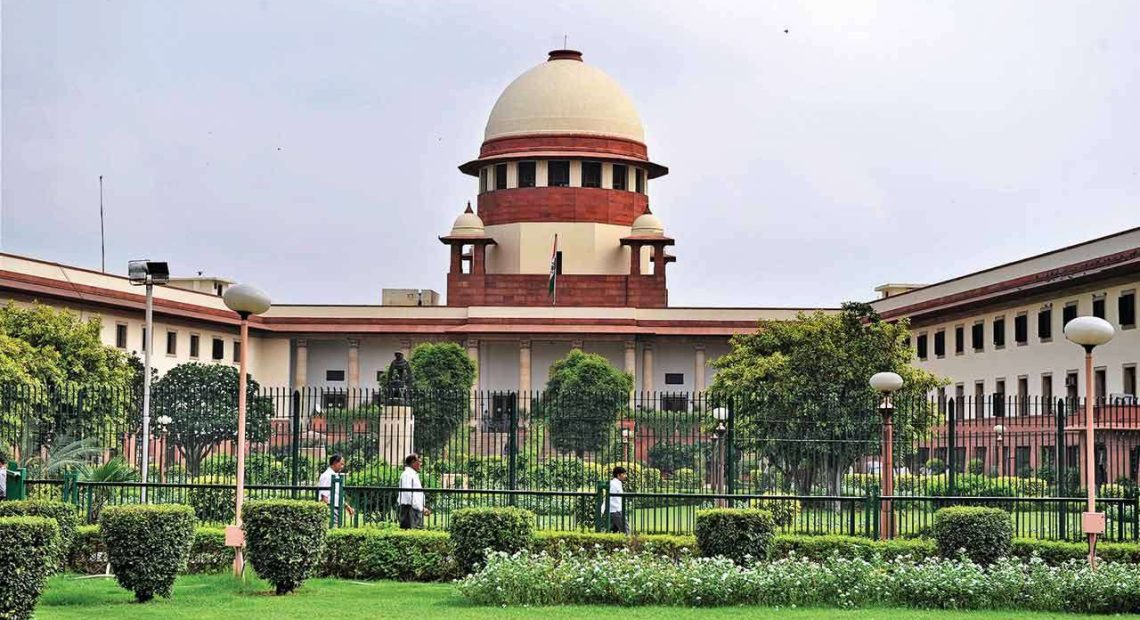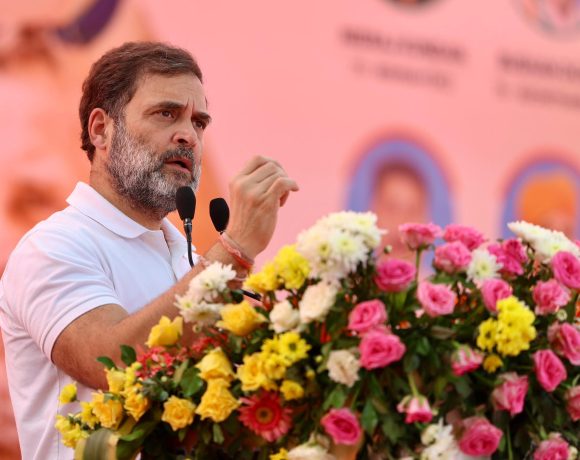
Centre Defends Waqf Act Amendments in Supreme Court
The Union Government has filed a detailed 1,332-page affidavit in the Supreme Court, urging the dismissal of petitions that challenge the constitutional validity of the Waqf (Amendment) Act, 2025. In its submission, the Centre asserted that constitutional courts should not stay parliamentary laws either directly or indirectly unless they are declared invalid after final adjudication.
Centre Dismisses Petitions as Baseless
In its response, the government argued that the challenges to the Waqf amendments are “based on a false premise” and do not warrant judicial intervention. The affidavit emphasized that the legislative process was undertaken following due diligence and that the amendments were the outcome of a broad-based parliamentary review, including contributions from members across the political spectrum.
The Centre maintained that the amendments do not infringe on religious freedoms as alleged, and that the law continues to respect the secular fabric of the Constitution. It further clarified that the amendments were aimed at streamlining waqf administration and resolving long-pending disputes related to waqf land and management.
Massive Expansion of Waqf Land
The affidavit noted a significant increase in the total waqf land under government records. Since 2013, over 20 lakh hectares of land have been added to the waqf registry, bringing the total landholdings under the Waqf Board’s domain to unprecedented levels.
The government also explained that the new provisions allow for ‘waqf-by-user’ registrations without traditional documentation, provided such properties were already listed as of April 8, 2025. This, it argued, was to preserve community usage and religious continuity, especially in regions where formal documentation is historically absent.
Supreme Court Hearing on May 5
The government has previously assured the Supreme Court that it will not denotify waqf properties or proceed with appointments to the Central and State Waqf Boards until the matter is fully heard. The next hearing is scheduled for May 5, 2025, when the Court is expected to assess the constitutional merits of the petitions.
As the legal and political scrutiny over the Waqf (Amendment) Act intensifies, the government’s affidavit signals a firm stance in defending the law, while also attempting to dispel fears of land encroachment or religious overreach. The outcome of the case could have far-reaching implications on religious endowment governance and property rights across India.


















